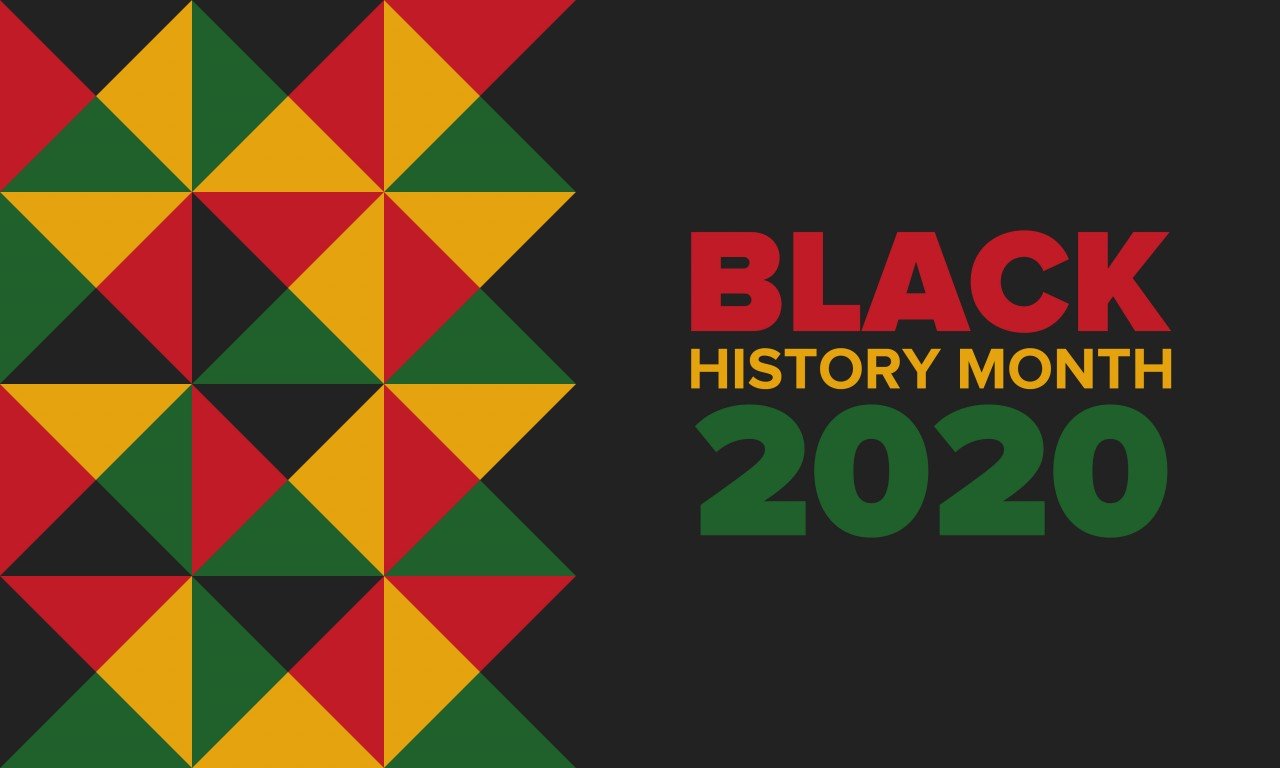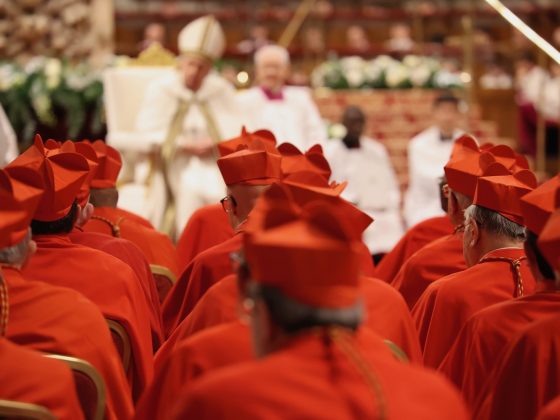February is Black History Month. This event serves as an annual celebration of the accomplishments of African Americans, including the central role of blacks in the history of the United States.
How was the Black History Month established? Let’s find out.
The origins
It was 1 February 1868 when the 13th Amendment that formally removed slavery was made official.
This happened two years after President Abraham Lincoln issued the Emancipation Proclamation which freed those who were enslaved. The signing of the 13th Amendment solidified this proclamation.
Fast forward to 1926, the Association for the Study of Negro Life and History (ASNLH) sponsored a national Negro History Week. At the time, the second week of February was chosen so it would coincide with the birthdays of Abraham Lincoln and the prominent activist Frederick Douglass.
On 25 January 1949, President Harry Truman signed a bill which made 1 February National Freedom Day. Prior to this, civil rights advocate and author Richard Wright lobbied for the creation of the National Freedom Day. Unfortunately, he died in 1947, just a few years before President Truman signed the bill.
In 1976, President Gerald Ford recognized February as Black History month. He called upon the country to use this month as an opportunity to celebrate the achievements of black Americans which were pretty much neglected for the most part.
Black History Month 2020
The 2020 theme is “African Americans and the Vote,” since 2020 marks the 100th year the Nineteenth Amendment was created, granting black women the right to vote. At the same time, this year is also the 150th year since black men were given the right to vote.
“Yet, as we celebrate those constitutional milestones, history teaches us to be mindful of their limits—to recognize both the strides and the setbacks for African American men and women,” according to Evelyn Brooks Higginbotham, President of Association for the Study of African American Life and History (ASALH) in a message.
Higginbotham noted that black men and women lost their lives simply by trying to vote or even get registered. If not death, to vote ended up in beatings or loss of economic livelihood. With this, she encouraged everyone to champion the people who have courageously stood up for their rights to vote.
She also urged African Americans to emulate the past generations who have made their voices be heard through the manner of votes. Given that 2020 is an election year, she implored everyone to exercise the same unyielding commitment to make their votes count.
We should all learn from the past and leave behind the mentality that discriminates against race or identity in general.
We have made huge strides to remove inequalities in our society but it is undeniable that gaps are still very much present. We should continue building a world that will eliminate the deeply entrenched barriers that prevent everyone from equitably moving forward.
More than just celebrating the achievements of African Americans, we should continue fighting for a world that will not stop them from achieving even greater things.










